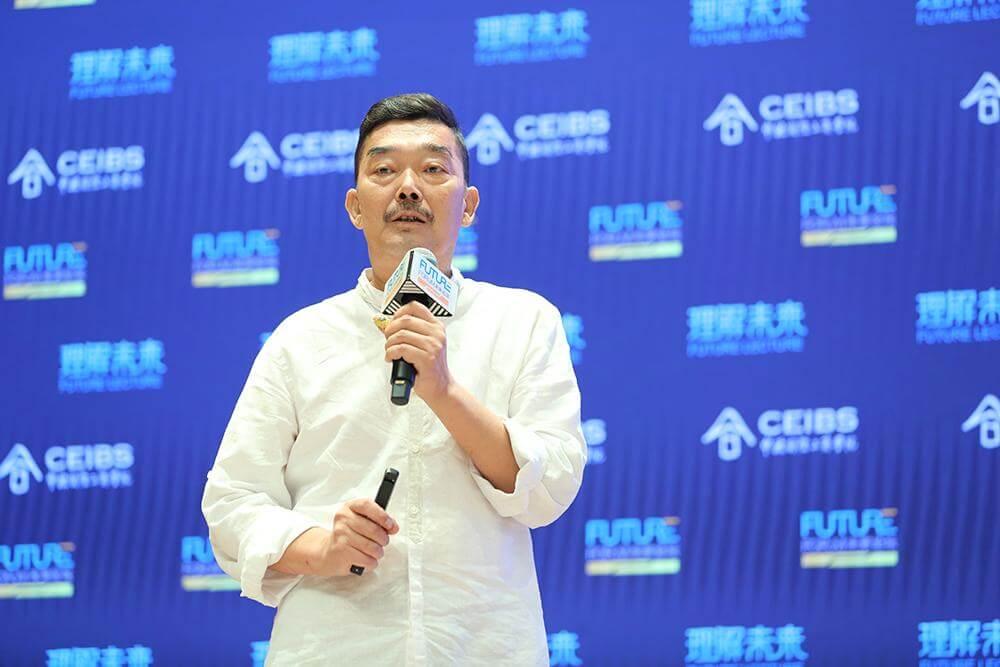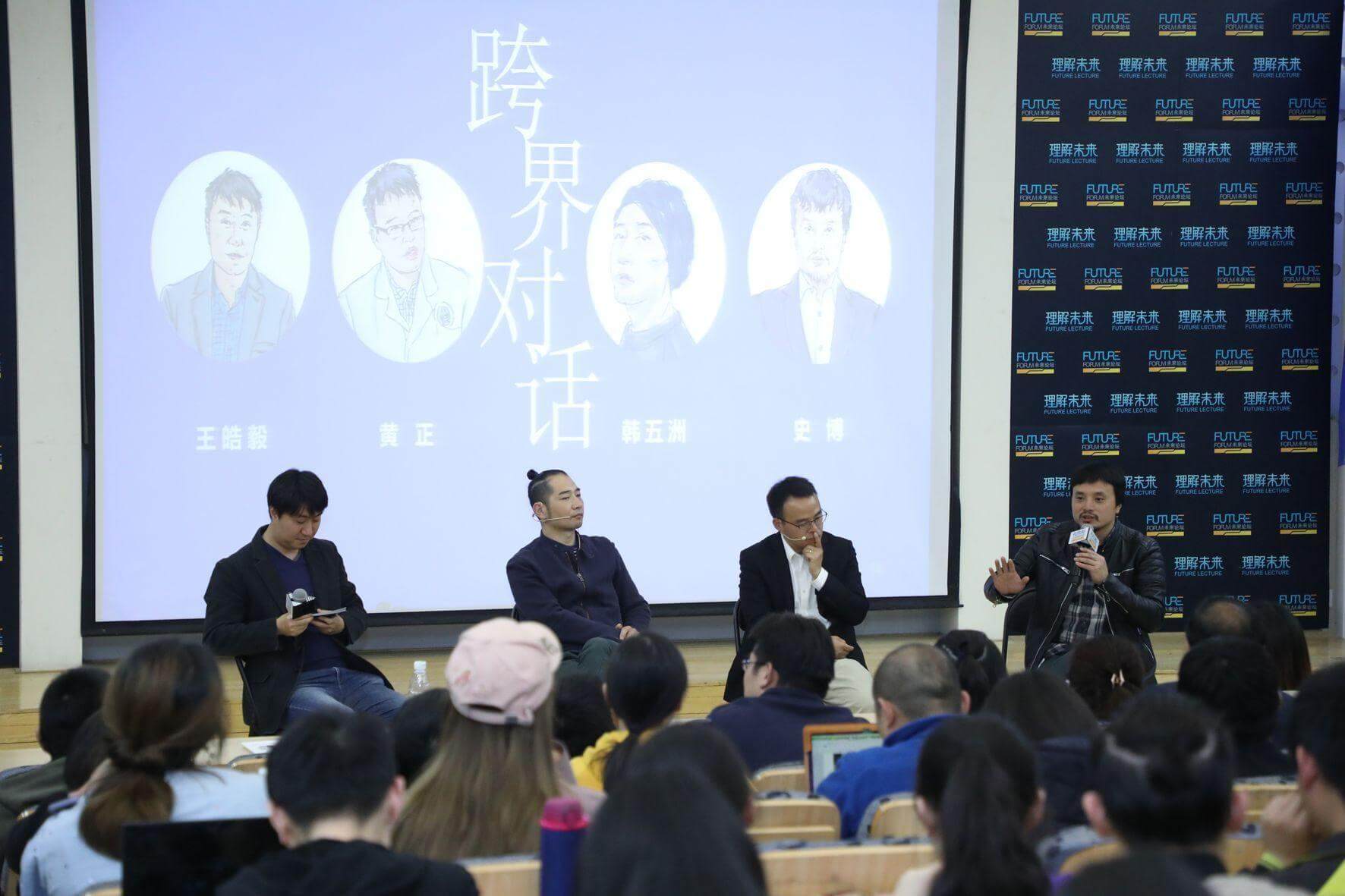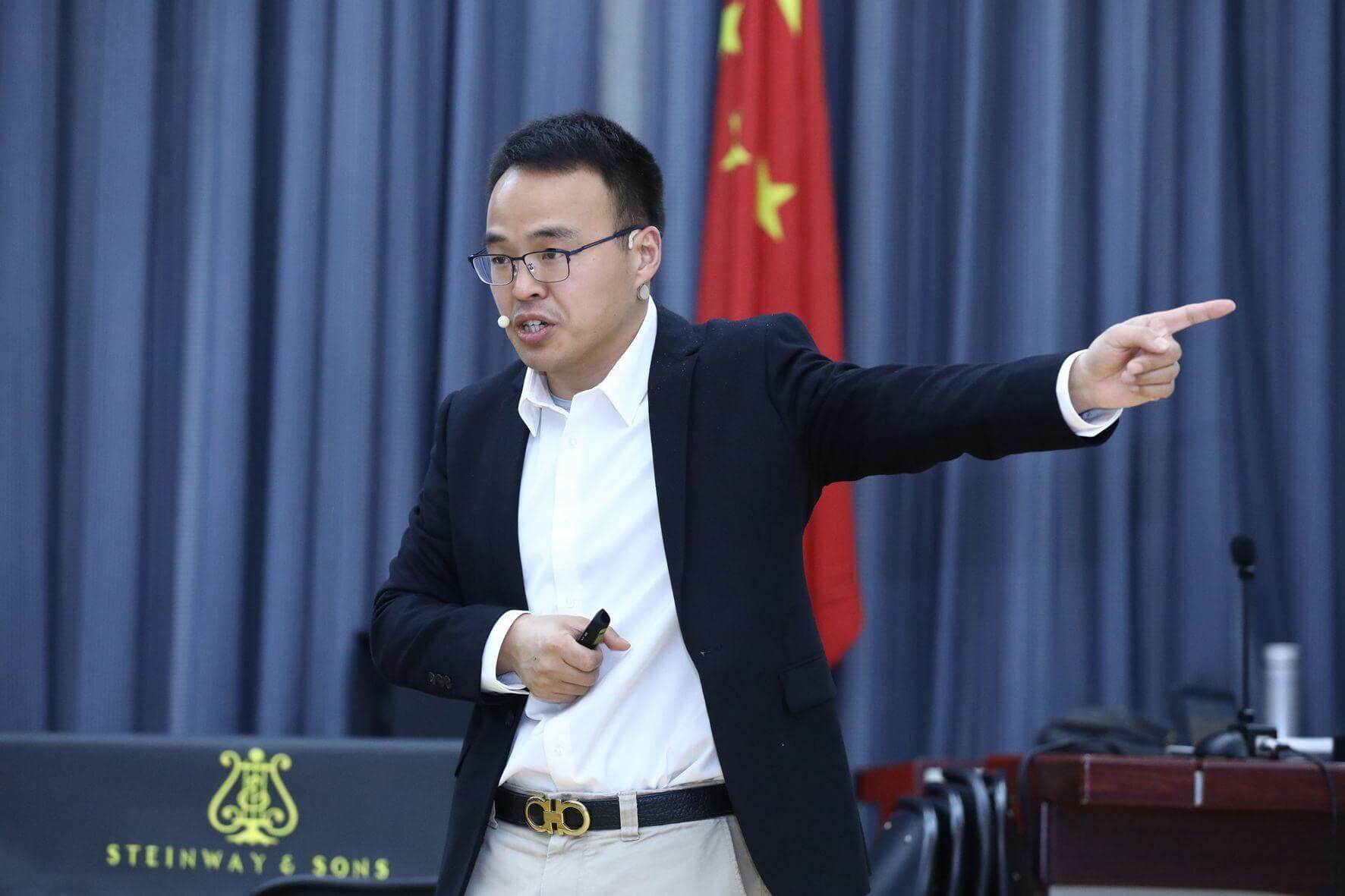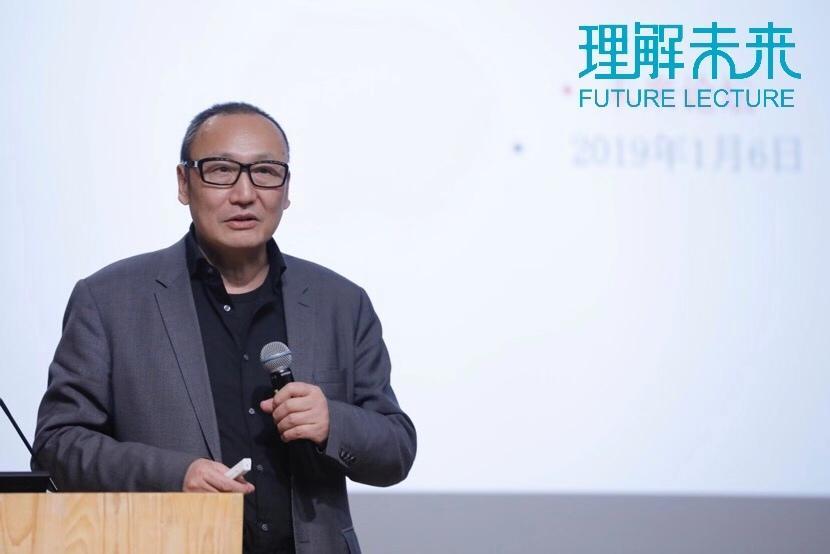Sunney XIE:
Xiaoliang Sunney Xie, PhD, Member of the National Academy of Sciences of USA, Director of the Biodynamic Optical Imaging Center of Peking University, Cheung Kong Professor of Peking University, Mallinckrodt Professor of Chemistry and Chemical Biology of Harvard University, Member of the 1000 Elite Scholar Program. Dr. Xie was born in 1962 and received his BSc from Peking University Chemistry Department in 1984. He was awarded PhD in 1990 from UC San Diego and worked as a postdoctoral researcher at the University of Chicago in 1990-1992. From 1992 to 1998, he worked as senior research scientist and chief scientist at Pacific Northwest National Laboratory. In 1999, he became the first tenured professor at Harvard from Peoples’ Republic of China at Harvard University., He is currently Mallinckrodt Professor of Chemistry and Chemical Biology at Harvard. He has been awarded numerous prizes, including Albany Medical Center Prize in Biomedical Research, ACS Debye Award, Harrison Howe Award from American Chemical Society, E.O. Lawrence Award in Chemistry from US Department of Energy, Berthold Leibinger Zukunftspreis for Laser Technology, Willis E. Lamb Award for Laser Science and Quantum Optics. He has also been elected to the American Academy of Arts and Sciences, Honorary Fellow of the Chinese Chemical Society, Fellow of the American Association for the Advancement of Science, and Fellow of the Biophysical Society.
Prof. Xie has been recognized worldwide as a leading biophysicist and chemist, and a founder of single-molecule biophysical chemistry. He pioneered the single molecule fluorescent imaging technique at room temperatures and has led its applications to single molecule enzymology and live cell gene expression studies. He is also pioneered Stimulated Raman Scattering (SRS) and Cohrent Anti-Stokes Raman Scattering (CARS) microscopy techniques and has made tremendous contributions to the development of non-invasive imaging methods and their applications in biological research and clinical diagnosis. Recently, Prof. Xie ‘s group has invented several new methods for single cell genome and transcriptome sequencing, opening a new era of single-cell studies, which represented one of the major scientific breakthroughs in 2012.
Scientific research of Xie Lab at BIOPIC mainly focus on three directions: 1) develop new single cell genome, transcriptome, epigenome sequencing methods and advance their applications in cancer and human reproductive biology; 2) manipulate and image single molecules in both in vitro and in vivo conditions; 3) develop non-invasive microscopy techniques and push forward their applications to cell biology and medical imaging.







